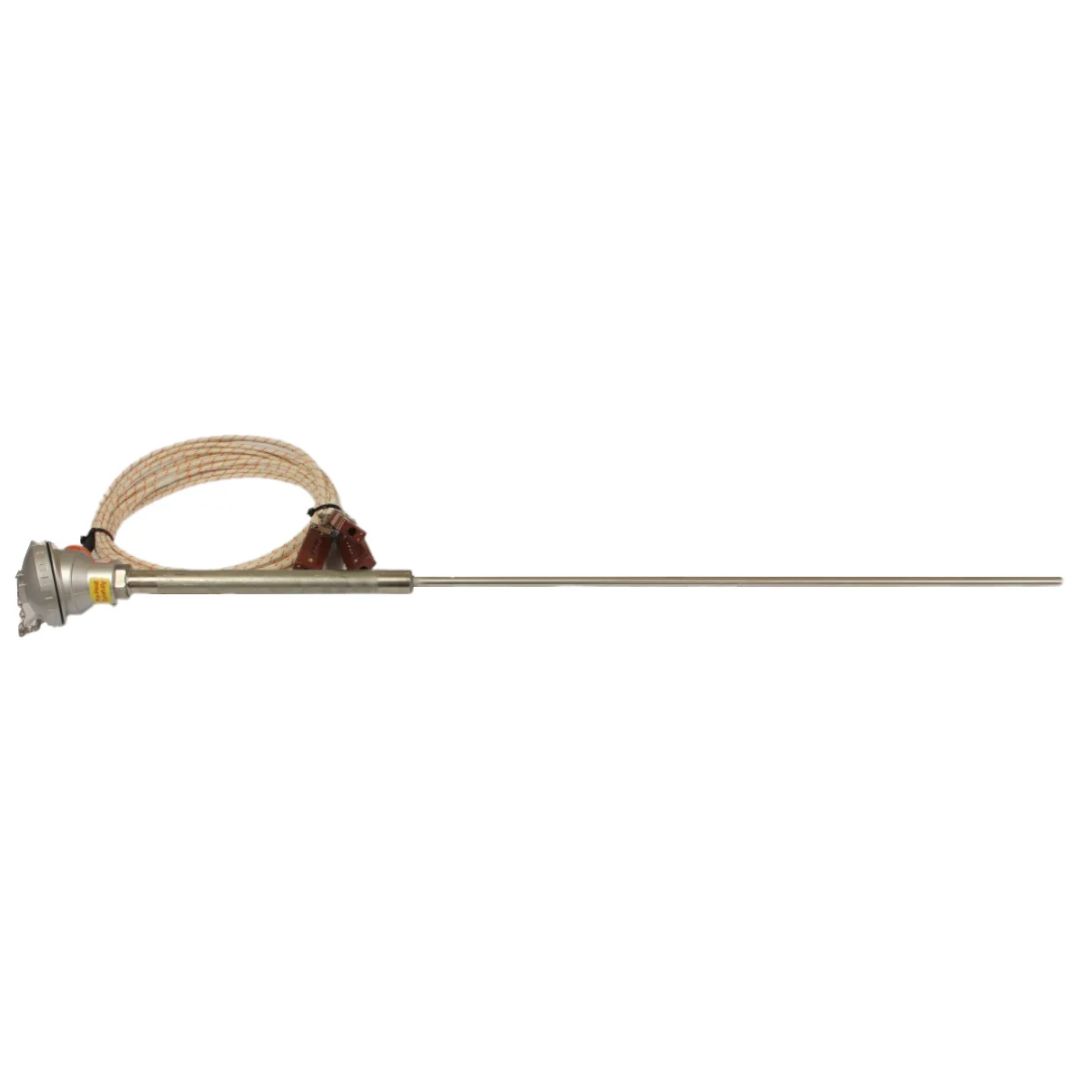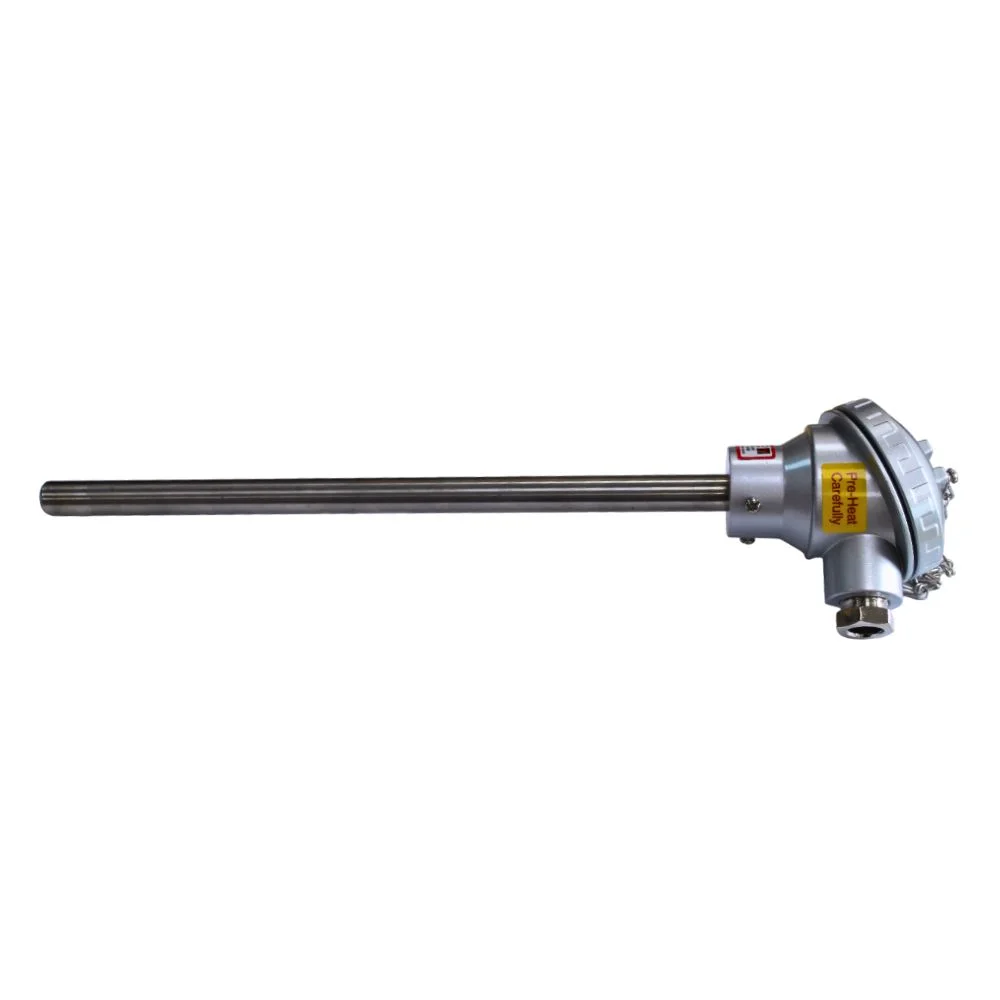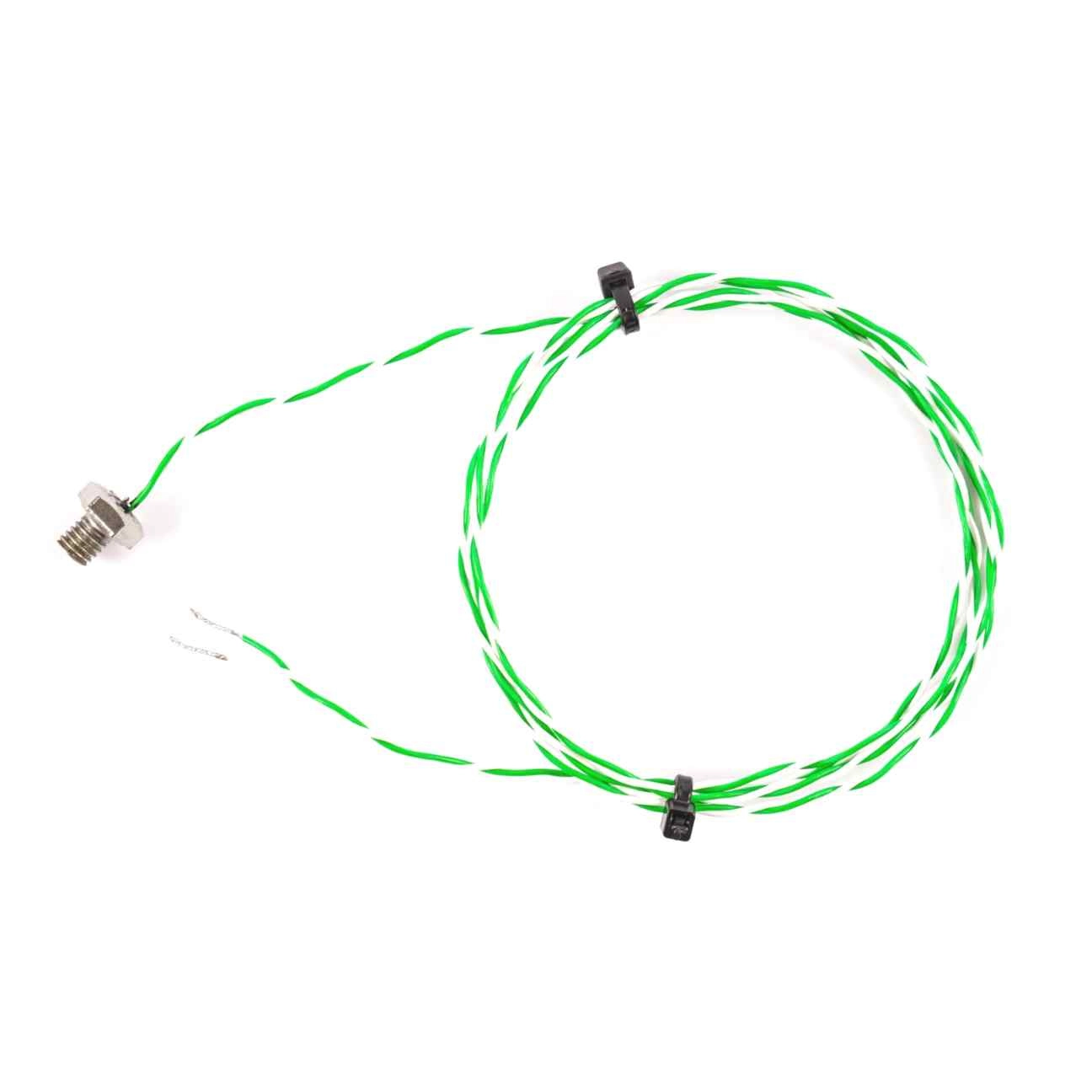What Is Thermocouple Compensating Cable?
TL;DR — Quick Summary
A thermocouple compensating cable is a cost-effective cable designed to connect thermocouples to instrumentation. Unlike extension cables (which use the same metals as the thermocouple itself), compensating cables use cheaper alloys with similar electrical behaviour over a limited temperature range. They are suitable for ambient temperature applications and often insulated with PVC. Ideal for reducing costs in temperature measurement systems.
Understanding Thermocouple Compensating Cables
Thermocouples are widely used for measuring temperature in industrial, laboratory, and process control settings. To transmit the temperature signal from the thermocouple sensor to the measuring device, special cables are used — extension cables and compensating cables.
A thermocouple compensating cable is a specialised cable that uses different, more economical alloys compared to true thermocouple extension cables. Its purpose is to extend the thermocouple signal from the sensor to the instrumentation accurately enough for ambient temperature conditions, but at a lower cost.
Key Differences Between Extension and Compensating Cables
| Feature | Extension Cable | Compensating Cable |
|---|---|---|
| Feature | Same metals as thermocouple | Cheaper alloys with similar EMF vs temperature characteristics |
| Accuracy | High, suitable for wide temperature range | Lower accuracy, limited temperature range |
| Operating Temperature | Can handle higher ranges | Ambient temperatures only |
| Cost | More expensive | More economical |
| Use Case | Manufacturing thermocouples or high-accuracy signal transmission | Cost-effective signal extension in ambient conditions |
Why Use Compensating Cables?
- Cost Efficiency — Uses cheaper materials, reducing installation costs.
- Adequate Accuracy in Ambient Conditions — Perfect for control rooms or environments where the cable is not exposed to high temperatures.
- Compatibility — Designed to match the electrical characteristics of thermocouple types over a defined range.
Insulation and Durability
Because compensating cables are used in environments within PVC’s operating temperature range, PVC insulation is commonly chosen. This offers flexibility, ease of installation, and cost savings, while still providing sufficient mechanical and electrical protection.
When to Choose Compensating Cable Over Extension Cable
Use a compensating cable if:
- The cable run is only in ambient temperatures.
- The application can tolerate slightly reduced accuracy.
- Budget constraints are a factor, and cost savings are beneficial.
- The environment does not require specialised high-temperature insulation.
Frequently Asked Questions (FAQ)
Q1: Can I use compensating cable to make a thermocouple?
No. Compensating cable is not suitable for manufacturing thermocouples because it does not use the same metals as the thermocouple.
Q2: Will using compensating cable affect my temperature readings?
Yes, but only slightly — and mainly if used outside its designed ambient range. Within ambient conditions, the difference is minimal for most industrial needs.
Q3: Why not always use extension cable?
Extension cable offers higher accuracy but at a higher cost. In many cases, compensating cable provides a good balance between accuracy and cost efficiency.
Q4: What temperatures can PVC-insulated compensating cable handle?
PVC insulation typically handles up to around 70–105°C depending on the grade.
Q5: How do I know which compensating cable type to buy?
Match the cable type to your thermocouple type (e.g., Type K thermocouple → Type Vx/KCB compensating cable).
View our thermocouples
If you want to order a temperature sensor or you are unsure exactly what you need, get in touch and we can help you.




